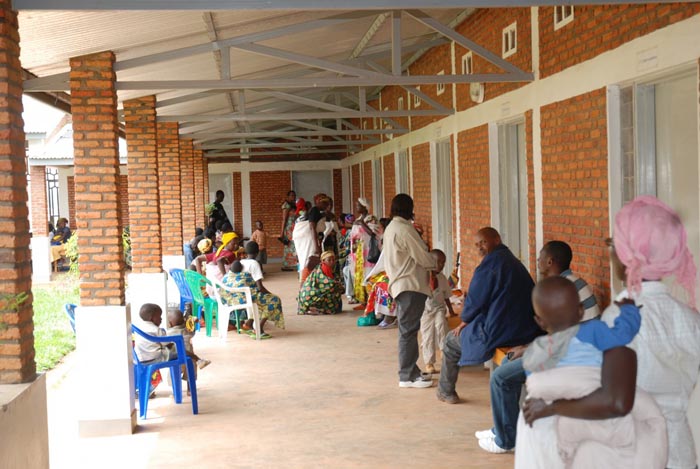Some patients complain about the way they are cared for in some public hospitals. They want both physicians and nurses to treat them carefully to their expectations.-By Yves Didier Irakoze
“I had a son of 3 months who had a fever; thetemperature was between 39 and 40°. We went to emergency services in a public hospital of Bujumbura. Arrived there, we waited for long before being received. When I cried out for help, nurses shouted at me and told me that I had to wait because I was not the only one who searched for urgent care,” points out K.D.
On the other hand, Dally I. stated that a friend of him was in another public hospital in a pitiful situation because his serum glucose was over. Then, he went to the nurses’ cabinet to inform about the situation expecting to get another injection for his sick friend immediately. Now, he remembers how nurses addressed to him angrily and took a long time for intervention.
B. Ininahazwe points out that it is so sad and regretful to see a physician who rejects or insults people when they are seeking information, assistance or any service in order to help patients survive. According to Moïse Ntiburuburyo, Chairman of Burundian Association for the Defense of Patients’ Right (ABDDM “Ubuzima”), there are young physicians and nurses who often imitate bad habits of mistreating patients because their elders do so. He highlights that this attitude should be eradicated in all public hospitals; patients are not ignorant people, they should be handled respectfully and carefully. And first of all, nurses and physicians should be cooperative and friendly and consider patients as human beings and not only consumers. “There is a lack of respecting the public health code, ethic or conduct that stipulates how these professionals should fulfill their duties and the kind of sanctions they have to undergo when they are mistaken. This is the reason why bad behaviors are observed in many hospitals,” highlights Ntiburuburyo.
G.N. adds that physicians do not know how to really treat a patient, at least be at his/her disposal or take into account his/her complaints apart from their training which is not today effective. She also states that they are always complaining that they are very busy doing a lot of work without a good salary; however, physicians tend to forget their first noble task of curing patients, healing their souls or showing them sympathy before putting forward their claims.
EAC countries have made a step
According to Tantine.S, a Rwandan living in Burundi, patients in Rwanda are treated in the same way, if need be, even cared at home. Physicians are disciplined and consider themselves as patients before treating these last. “When a patient complains about being mistreated in Rwanda, the guilty physician is automatically ruled out or put in jail depending on his/her accusations,” points out Tantine. K. Collins, a Kenyan, working in Burundi underlines that in Kenya, if the physician is accused of mistreatment or any act against the law, he/she may be suspended or dismissed by the national regulating body. He indicates that the government should make a kind partnership with developed countries to enhance their personal training, equipment and best management of public hospitals to meet the demand of many patients who constantly seek their services.
Things should move forward
Mélance Hakizimana, National Chairman of Paramedical Staff and Healthcare Assistants’ Trade Union calls upon physicians to have a spirit of offering good healthcare to patients. He also mentions that it would be better to increase the number of qualified staff.
“The government should highly consider the work of physicians, encourage them and increase their salary because they are often doing a wonderful job,” concludes G.N.


















 IWACU Open Data
IWACU Open Data

